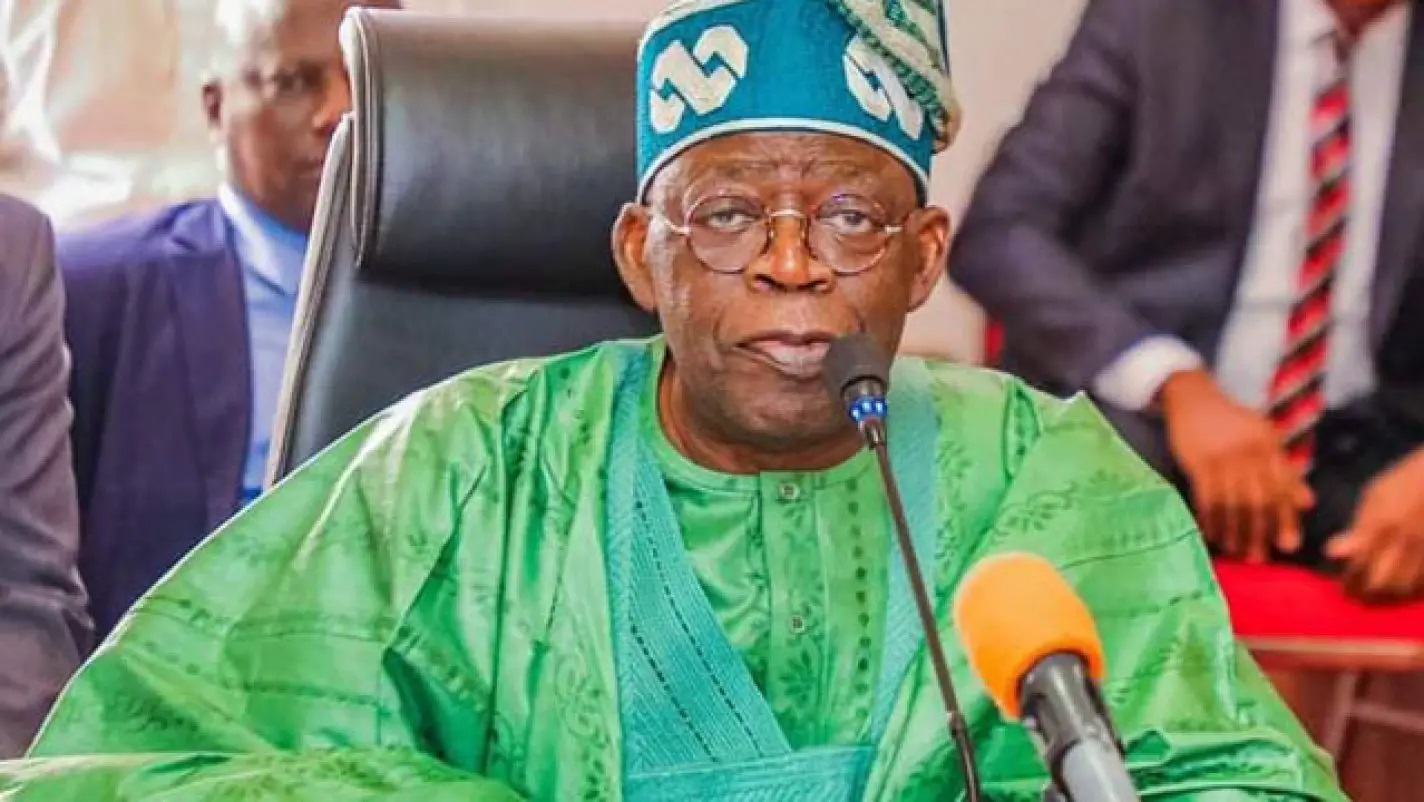Auto assemblers and stakeholders in the automotive industry have called on the federal government to incorporate a provision compelling Ministries, Departments and Agencies (MDAs) to buy made-in-Nigeria vehicles in the National Auto Industry Development Plan (NAIDP) Bill.
In the same vein, President Bola Ahmed Tinubu has been urged to expedite action towards assenting to the NAIDP Bill, also known as Auto Policy, to hasten the sector’s development.
The bill, which has been delayed for over a decade, is expected to provide a legal framework for investment in the automobile sector and encourage Original Equipment Manufacturers (OEMs) to set up assembly plants in Nigeria.
It was gathered that many OEMs had shunned Nigeria for other West African countries due to the absence of an auto policy.
- Customs storms riverine communities in Ogun, intercepts N13.2m worth of petrol
- Hajj: Kaduna official returns missing phones worth N4m
The indigenous auto assemblers and stakeholders made their position known in a communique issued after the Nigeria Auto Industry Summit (NAISU) organised by the Nigeria Auto Journalists Association (NAJA) in conjunction with the National Automotive Design and Development Council (NADDC).
The stakeholders said NAIDP was key to developing the nation’s economy through the automotive industry.
They said that, when signed into law, the long-awaited NAIDP would provoke OEMs’ confidence in the nation’s economy and erase their fear of policy summersault.
Other resolutions include a charge on the National Assembly to review the zero differential between import of Fully Built-up Vehicles (FBUs) and Completely Knocked Down (CKD) commercial vehicles, which presently stands at 10 per cent.
On the Compressed Natural Gas (CNG) initiative, the stakeholders said the recent allocation of 1,000 units to local assemblers was unclear.
They asked the National Assembly to, when passing the NAIDP, incorporate a provision that mandated the federal government to give a fair chance to all existing auto assemblers and manufacturers to partake in supplies of the CNG vehicles to the government.
The communique reads in part: “The government must simplify the CNG process by harmonising the workings of the Federal Ministry of Finance and that of the Nigeria Customs Service (NCS) on the issue of gazetted duty-free allowance on CNG equipment.

 Join Daily Trust WhatsApp Community For Quick Access To News and Happenings Around You.
Join Daily Trust WhatsApp Community For Quick Access To News and Happenings Around You.


